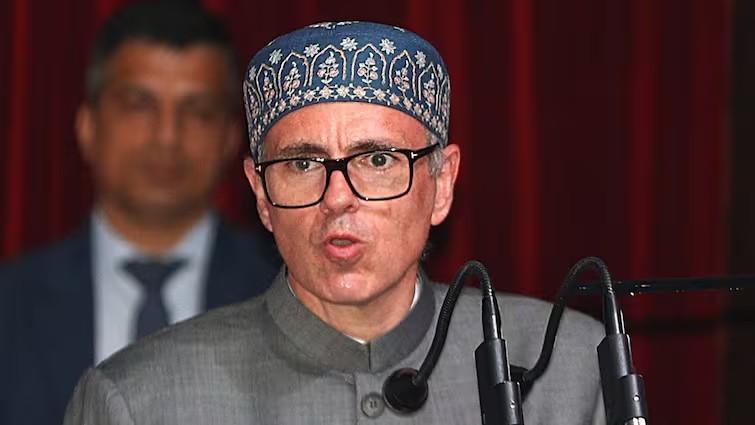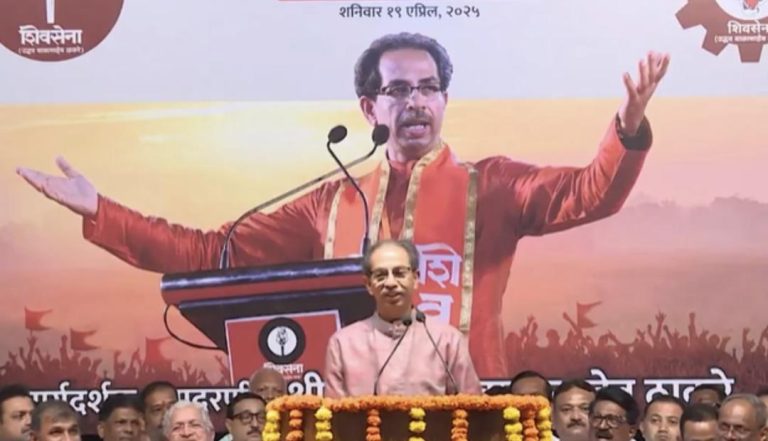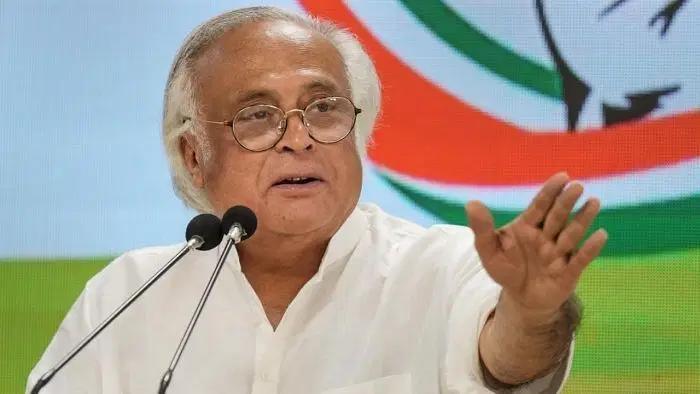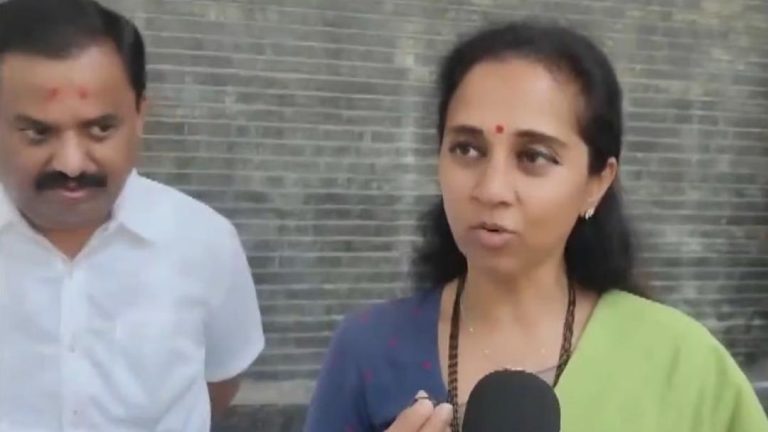
Normalcy in J&K Post Art 370 Abrogation is Forced, Not Organic: CM
The decision to abrogate Article 370 of the Indian Constitution, which granted special status to Jammu and Kashmir (J&K), was a watershed moment in the region’s history. The move, announced by the Centre in August 2019, aimed to integrate the erstwhile state with the rest of India and bring about economic development and peace to the volatile region. However, the situation on the ground has been far from smooth.
In a recent statement, J&K Chief Minister Omar Abdullah expressed his reservations about the normalcy that has been claimed to have returned to the region. According to Abdullah, the normalcy is “forced” and not organic, as claimed by the Centre. In an interview, he said, “If what is happening in J&K is organic, then nothing like it. If it is driven out of fear, then there’s a problem. But I’ll hazard that people don’t believe it is organic.”
Abdullah’s remarks have sparked a debate about the nature of normalcy in J&K post Article 370 abrogation. While the Centre has claimed that the region is returning to normal, many observers have pointed out that the situation is far from peaceful. The region has witnessed widespread protests, curfews, and restrictions on movement, which have made it difficult for people to go about their daily lives.
One of the primary concerns is the lack of freedom of movement in J&K. The Centre had imposed a communication blackout and strict curfews in the region, which limited the ability of people to move around freely. Even today, the situation is far from normal, with restrictions on movement and communication still in place.
Another issue is the detention of political leaders and activists, including Abdullah himself. He has been under house arrest since August 2019, along with many other leaders, including former Chief Minister Mehbooba Mufti. The detention of political leaders has led to widespread protests and allegations of human rights abuses.
Moreover, the economic situation in J&K is also a cause for concern. The region was heavily dependent on tourism and agriculture, which have been severely impacted by the ongoing turmoil. The Centre’s move to abrogate Article 370 has led to a brain drain, with many young and educated individuals leaving the region in search of better opportunities.
In addition, there are concerns about the impact of the Centre’s move on the region’s identity and culture. The special status granted by Article 370 had given J&K a unique identity and autonomy, which is now being eroded. The Centre’s move has been criticized for being a violation of the region’s rights and dignity.
Abdullah’s remarks have been seen as a reflection of the widespread discontent and frustration among the people of J&K. Many have expressed their concerns about the forced normalcy and the lack of freedom and autonomy in the region. The situation on the ground is far from peaceful, and the Centre’s claims of normalcy have been met with skepticism by many.
In conclusion, Omar Abdullah’s statement highlights the forced nature of normalcy in J&K post Article 370 abrogation. While the Centre has claimed that the region is returning to normal, the situation on the ground is far from peaceful. The lack of freedom of movement, detention of political leaders, and economic uncertainty are all major concerns that need to be addressed. The Centre needs to work towards creating an environment of trust and dialogue, rather than relying on forced normalcy.






